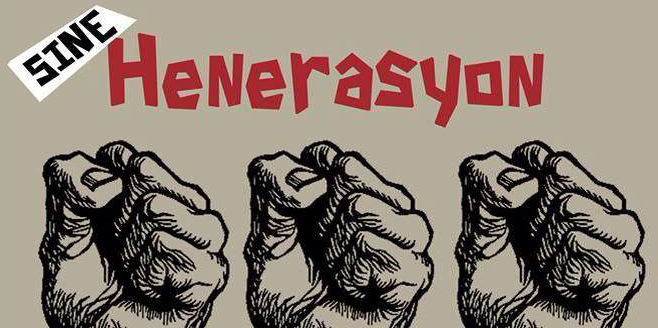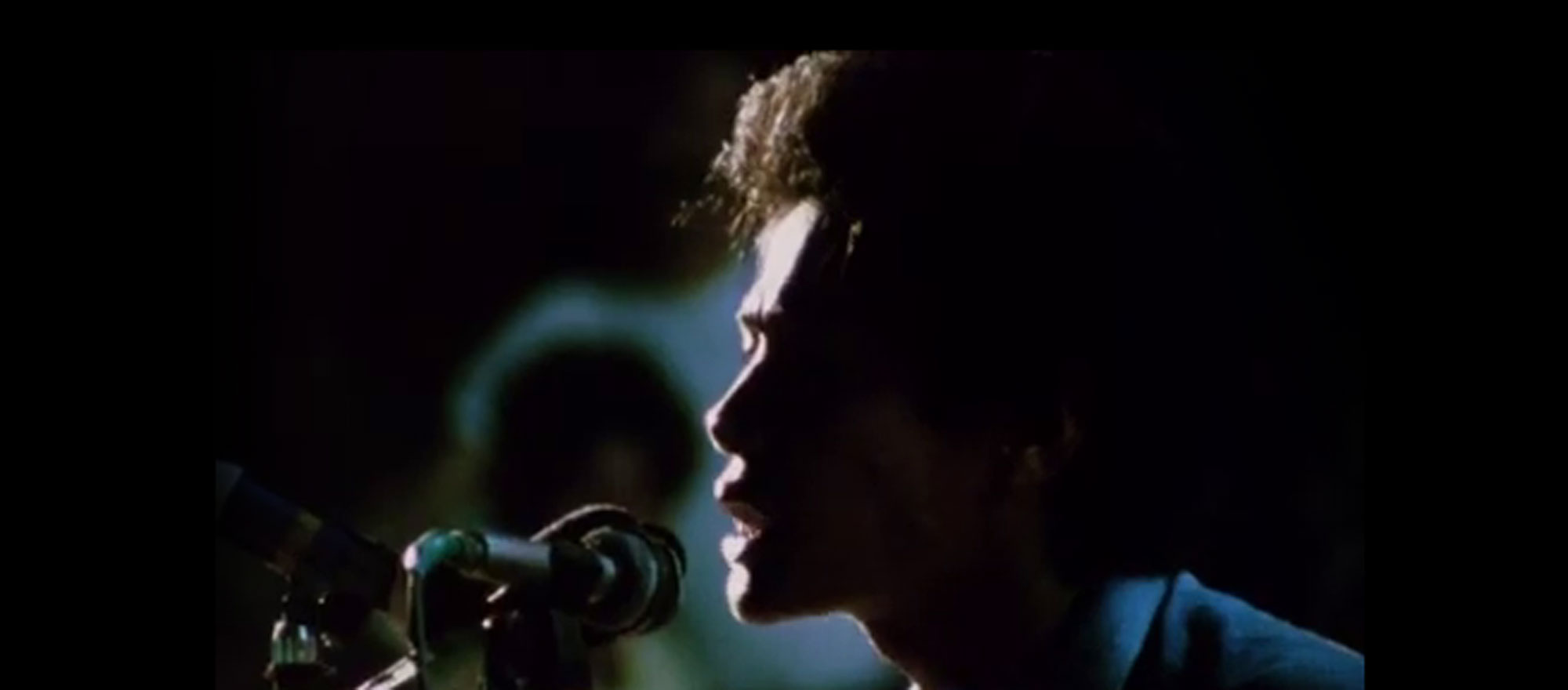Statement | Martial Law-era harassment of documentary film screening ‘alarming’
PinoyMedia Center and the Free Jonas Burgos Movement cry harassment over the presence of group of fully armed members of the Philippine National Police (PNP) who made multiple visits to “Sine Henerasyon,” a screening of three new documentaries held at Bantayog ng Mga Bayani theater last February 28. Ironically, the films shown during that day—JL […]


PinoyMedia Center and the Free Jonas Burgos Movement cry harassment over the presence of group of fully armed members of the Philippine National Police (PNP) who made multiple visits to “Sine Henerasyon,” a screening of three new documentaries held at Bantayog ng Mga Bayani theater last February 28.
Ironically, the films shown during that day—JL Burgos’ “Portraits of Mosquito Press,” Ilang-Ilang Quijano’s “Daughters of Cordillera,” and EJ Mijares’ “Shapes of Crimson”—were about human rights violations and the struggles of various personalities against Martial Law, such as Joe Burgos, Petra Macliing, and Bonifacio Ilagan.
At around 11:00 am that day, while the organizers were setting up, a mobile patrol and a bomb squad from the QCPD’s Station 10 arrived at the theater premises, asking if it was the venue of the screening. They said that they wanted to “sweep” the are because they have been told that a “VIP” was arriving. They could not say who the VIP was. Thinking that maybe the security check was a request of a VIP arriving unknown to us (the screening was after all an open invitation to the public), we let them search inside the theater, albeit uneasily. Needless to say we rented the venue and were under no obligation to let them search it, but we agreed nonetheless.

The bomb squad and the police mobile eventually left, but two policemen with high-powered firearms on display were left behind to “guard” us, much to our discomfort. At around 4:30 pm, another group of policemen arrived. This time they looked much more closely at the publicity materials around, which consists of the film posters and a tarpaulin with the event name and images of three closed fists. They started asking about what was being shown. One policeman read aloud the title of Mijares’ film in Filipino, “Mga Hugis ng Pula,” and crudely said, “May NPA (New People’s Army) ba diyan?” meaning, are armed rebels being featured in the film? (The documentary, by the way, was about the life and struggle of First Quarter Storm veteran Bonifacio Ilagan). He goes on further to point to Ilagan’s photo on the poster, and asked, “Si Satur Ocampo ba yan?”
At this point we were becoming curt in our answers to their idiotic questions. The three policemen who were right outside the theater by this time expressed their desire to “see” the films. “Sisilip lang kami,” they said. We told them that they would have to pay the entrance fee of P100. We also told them that they had to leave their firearms outside. After a few more questions, they finally left.
At around 8 pm, a couple of policemen in a mobile came, for the third time. They asked the same questions: who were the organizers, what was happening inside, what time the program will end. This time we confronted the policeman who was inquiring more fiercely. One of the filmmakers, JL Burgos, whose brother Jonas is a human rights victim and remains missing, asked him bluntly if they were gathering intelligence. We demanded the name of their superior who sent them there, and also started to film them more obviously using a cellphone camera. We heard the policeman say to his companion before he slammed the door of the mobile and left was, “Wala, ayaw nila sabihin,” obviously pertaining to our refusal to give them any more information on the event.
The obvious police harassment put a damper on an otherwise very successful and celebratory screening of our documentaries, which we have been working on for a long time with the support of German and French cultural institutions as well as national arts bodies. We are bothered that we suffered such harassment during a fairly innocuous event such as a film screening. We are alarmed that fully armed state authorities have the gall to question us about the CONTENT of our films. As far as we know, freedom of expression exists or should exist. We must not tolerate any attempt to use the power of the gun to intimidate any filmmaker or any artist who tries to produce works that accurately depict Philippine history and social realities.
As members of the alternative and independent media, film screenings such as this one are the only avenues to reach audiences outside of commercial theaters. Such harassment betrays how poorly state authorities treat independent media and artists, and how easily they think they can violate our right to communicate freely. We demand an explanation from the PNP as to why their policemen “guarded” us with high-powered firearms and asked such provocative questions last February 28. We demand no less than truth and accountability, like all citizens at this time.

